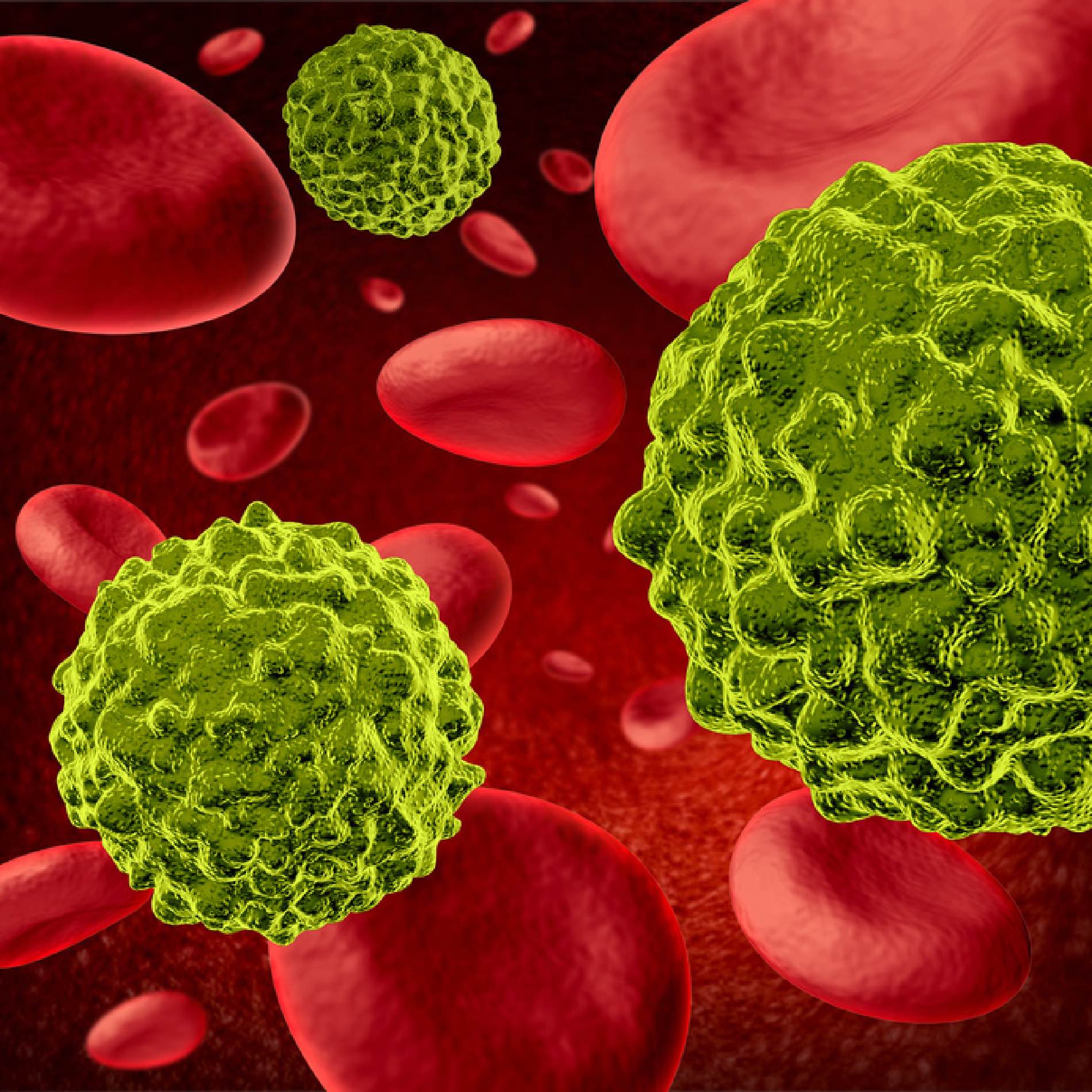Share this Page:
A simple blood test that can detect more than 50 types of cancer is to be piloted by NHS England in the autumn. The test identifies circulating free DNA (cfDNA) from cancer before any clinical signs or symptoms of the disease emerge. It is hoped it will eventually become a screening test for the early detection of cancer.
The test is aimed at people at higher risk of the disease, including people aged 50 or older. It looks for chemical changes in fragments of genetic code that leak from tumours into the bloodstream (cfDNA). It is able to identify many types of cancer that are difficult to diagnose in the early stages such as head and neck, ovarian, pancreatic, oesophageal and some blood cancers.
The study was published in the journal Annals of Oncology, and included 2,823 people with cancer and 1,2543 people without. The test proved to be highly accurate and correctly identified when cancer was present in 51.5% of cases, across all stages of the disease. The false positive rate was very low in only 0.5% of cases.
Many solid tumours do not have any screening options and detection was twice as high (65.6%) as that for solid tumours that do have screening options, such as breast, bowel, cervical and prostate cancers. For blood cancers, such as lymphoma and myeloma, the ability of the test to generate a positive test result was 55.1%.
The test correctly also identified the tissue in which the cancer was located in the body in 88.7% of cases.
The test was developed by US-based company Grail and pilot studies will be carried out across the NHS in the autumn to see how it performs in the clinic.
Prof Peter Johnson, national NHS clinical director for cancer, said: “This latest study provides further evidence that blood tests like this could help the NHS meet its ambitious target of finding three-quarters of cancers at an early stage, when they have the highest chance of cure.
“The data is encouraging and we are working with Grail on studies to see how this test will perform in clinics across the NHS, which will be starting very soon.”















